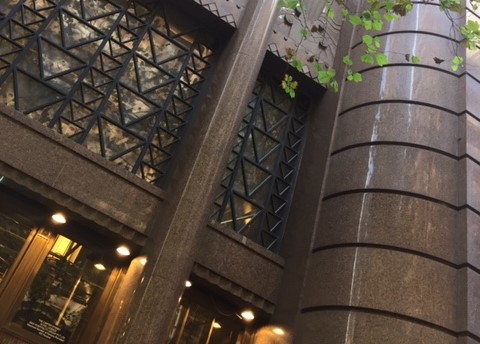Justice Steven Rares of the Federal Court of Australia has rejected an application to recuse himself from hearing a matter based upon claimed grounds that he had so conducted himself in a hearing involving the applicant and others in 2014 that a fair-minded lay observer reasonably might apprehend that he might not bring an impartial mind to the hearing before him.
Unconnected, the difficult question of ‘recusal’ applications before judges will be one of the issues raised in a report by the Australian Law Reform Commission soon to be released by the Attorney-General.
The hearing before Rares J is about a claim by a bankrupt, Mr de Varda, alleging misconduct by his trustee in bankruptcy: De Varda v Scott [2022] FCA 170. In annulment and related matters in 2014, an application to Justice Rares for recusal was also made and was dismissed: Tov-Lev v Lowbeer [2014] FCA 360.
ALRC Report – Judicial Impartiality
It is not intended here to set out the details of the judgment, rather to remind that a report on Judicial Impartiality was given to the government by the Australian Law Reform Commission on 6 December 2021 and that it awaits tabling in parliament by the Attorney-General. Some had expected it would have been tabled by now.
One aspect of the ALRC inquiry was in relation to the existing accepted recusal process in circumstances where, as here, the Judge about whom an application for recusal is made, then determines the application. There are practical reasons in favour of the present practice, but there are counter issues of perceived bias of the judge in question, and inherent personal tensions imposed on that judge: see ALRC Background Paper JI2 Judicial Impartiality Recusal and Self-Disqualification March 2021, updated April 2021.
De Varda v Scott
As to the flavour of the matter in question, some selected matters are these.
Justice Rares explains in his judgment that, in an affidavit:
- it was stated, of a solicitor “I heard him specifically say “You’ve got to get someone to speak to Judge Rares and change his position otherwise we’re going to lose the entire case”; and
- that there was said to have been “a radical change” in how Justice Rares approached certain issues after a luncheon adjournment in March 2014.
Also, the lawyer for the applicant, Mr Chang,
“engaged in the following exchange in his address:
MR CHANG: Your Honour, I can’t understand why you’re so attached to this case.
HIS HONOUR: I’m not attached to this case. This case has been docketed to me; it’s my duty to hear it unless there’s – – –
MR CHANG: There is overwhelming evidence to suggest that any decision you make is going to be challengeable on the basis that – – –
HIS HONOUR: Every decision I make is able to be challenged, either by an appeal or seeking special leave to appeal.
MR CHANG: But if you were to weigh up the balance of convenience, if you like, against this matter being allocated to another judge verses you continuing to hear it in the circumstances of this case that’s in the evidence before you – I’m struggling to understand why you are so determined to hear it”.
Next?
For reasons given, Justice Rares dismissed the application. The matter is next in court, before Justice Rares, on 18 March 2022.
What changes if any are recommended by the ALRC to be made to the difficult issues surrounding the hearing of recusal applications awaits action by the Attorney-General.
===================================



